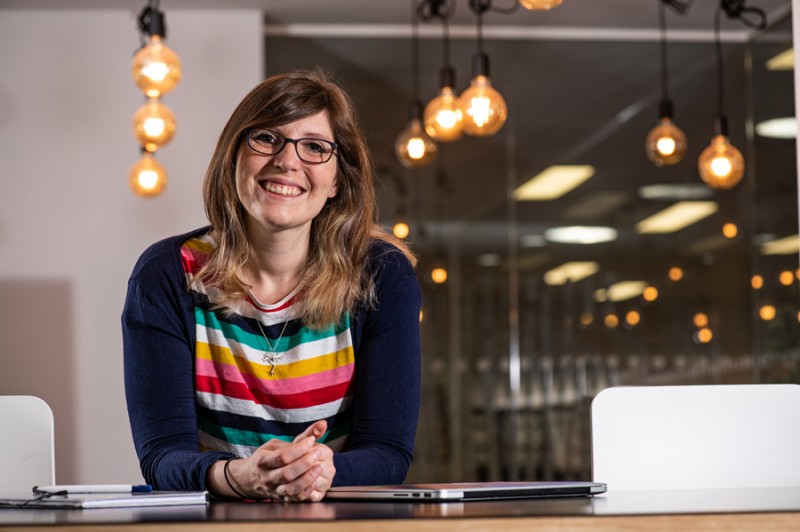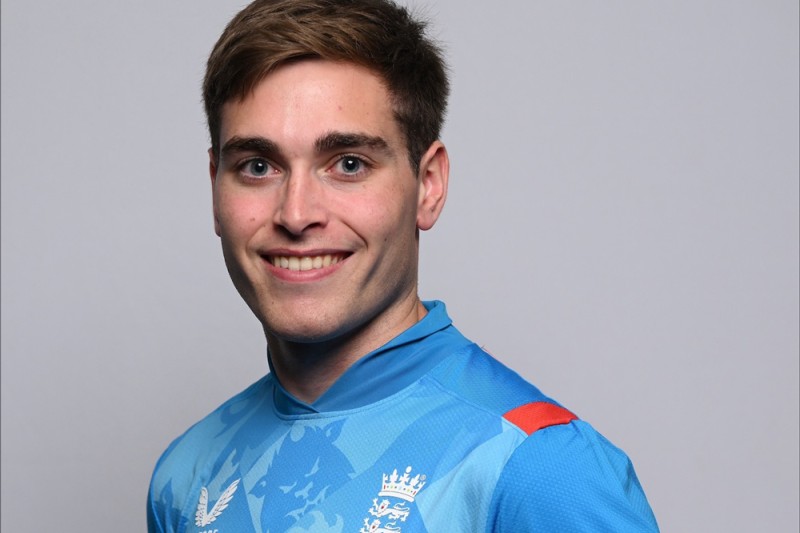To mark World Suicide Prevention Day, we speak with BU’s Dr Rachel Moseley, whose research has explored the link between autism and an increased risk of suicide…
It’s estimated that autistic people could be nine times more at risk of dying by suicide than the general population. Almost a quarter (24%) of autistic individuals engage in suicidal behaviours - including suicide attempts - compared with between 2-3% of the general population.
 Dr Rachel Moseley
Dr Rachel MoseleyDr Rachel Moseley, Principal Academic in Psychology at Bournemouth University, has researched the difficulties that autistic people often face in adulthood – including suicidality, self-injury, and mental health.
“We think that autistic people may be at higher risk of suicide because of the life experiences they have and the way they are treated, rather than because of their autism per se,” Dr Moseley said.
“Autistic people without learning disabilities - who have to work, live and be educated in a world not adapted for them - are highly aware of being different. Sadly, they are often excluded, isolated and victimised from a very young age, and also suffer higher rates of traumatic experiences like physical, emotional and sexual abuse.
“These kinds of experiences – which only seem to increase in individuals with another marginalised identity, like being queer or transgender - can elevate their risk of later mental illness and in some cases, suicide.”
“We need to do more to create a world where it is safe and acceptable to be autistic, and unacceptable to hold prejudices and discriminate against people who are different.”
Dr Rachel Moseley
Some of the features of autism may also increase the likelihood of long-term repercussions following negative experiences.
For example, autistic people often struggle with cognitive rigidity – also known as ‘sticky thoughts’ – and cannot easily let go of things they are thinking about. This means they might be more inclined to ruminate on suicidal thoughts and might find it hard to think of alternatives to life’s problems.
Similarly, autistic people very often struggle to regulate their emotions, and might turn to maladaptive strategies, like self-harm, which are associated with future suicide risk.
Autistic people often feel like they have to change or hide aspects of themselves – known as ‘masking’ or ‘camouflaging’ – to fit in and be accepted. Research has shown that the effort involved in this can also contribute to mental illness and suicidality.
Dr Moseley’s research has identified specific times of life as possible crisis points - including reproductive transition points like the menopause, where people experience significant changes in their bodies and minds.
“Our work has identified menopause as one such crisis point where rates of suicide and mental illness may increase,” Dr Moseley said.
“The turmoil leads to some individuals being diagnosed as autistic, but it is possible that others fall through the cracks and add to the high number of undiagnosed autistic suicide deaths.”
Through her work and research, Dr Moseley is hoping to influence policy and structures to better support autistic people – creating a society in which people with autism have the same opportunities to succeed and thrive. This includes creating health and social care services that are adapted and suitable for autistic people, since these sources of help can lead to more trauma in their current form.
However, she believes we all have a role to play in tackling the issue.
“We need to do more to create a world where it is safe and acceptable to be autistic, and unacceptable to hold prejudices and discriminate against people who are different,” she said.
“A lot of this change needs to be at a societal level, to bring up children who think differently about difference. But individually, now, it reminds us to be a little bit kinder, more tolerant and thoughtful to people who are different. To include them and make space for them to be part of things. You might not know whether they’re actually autistic, but no one loses out on a world that’s a little kinder.”
For more information or advice about suicide prevention visit: https://www.samaritans.org/



